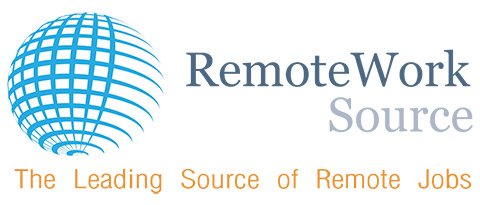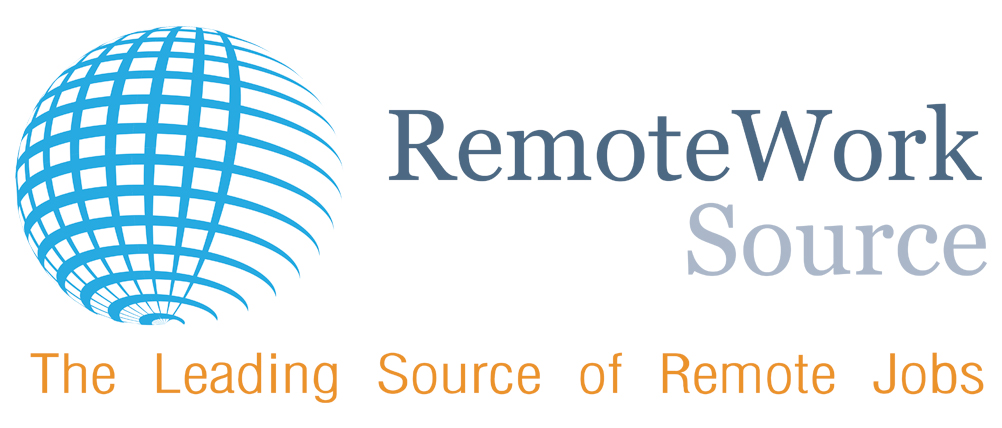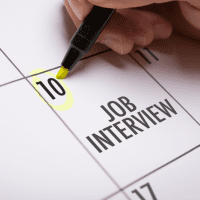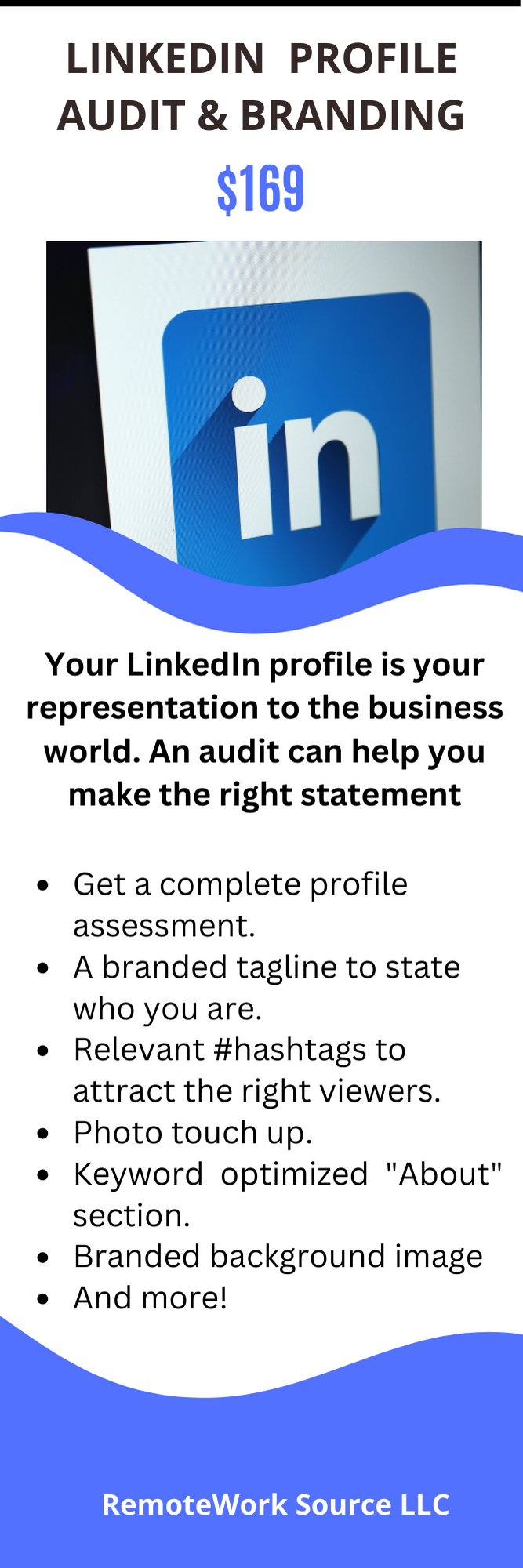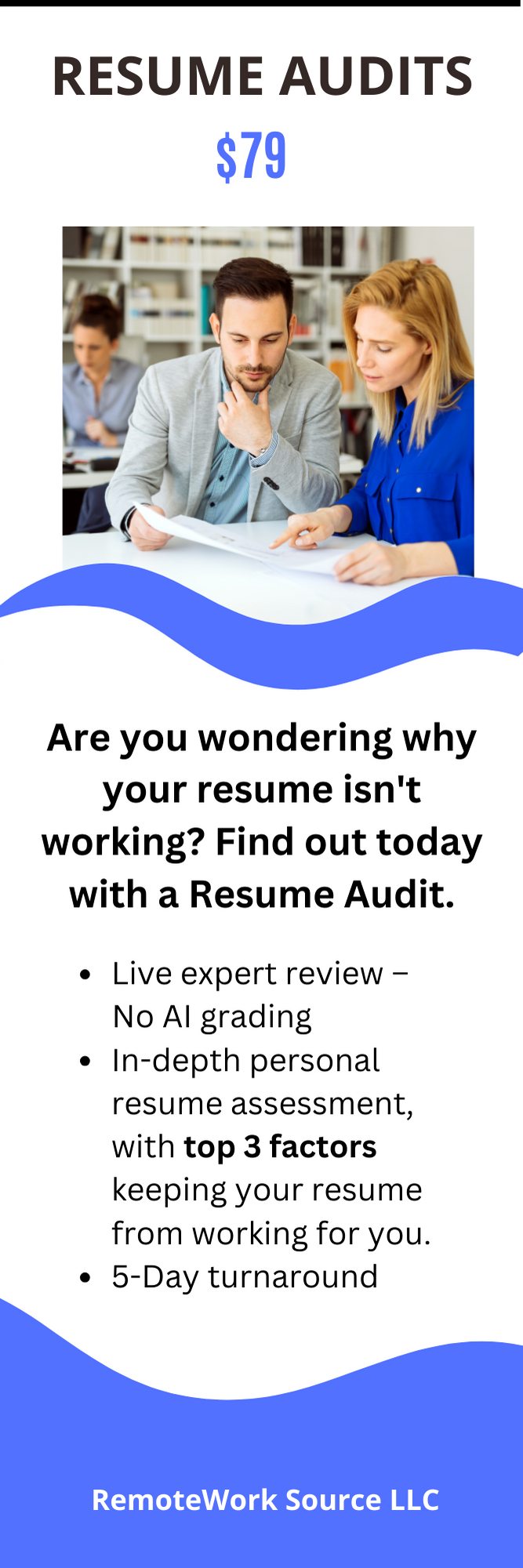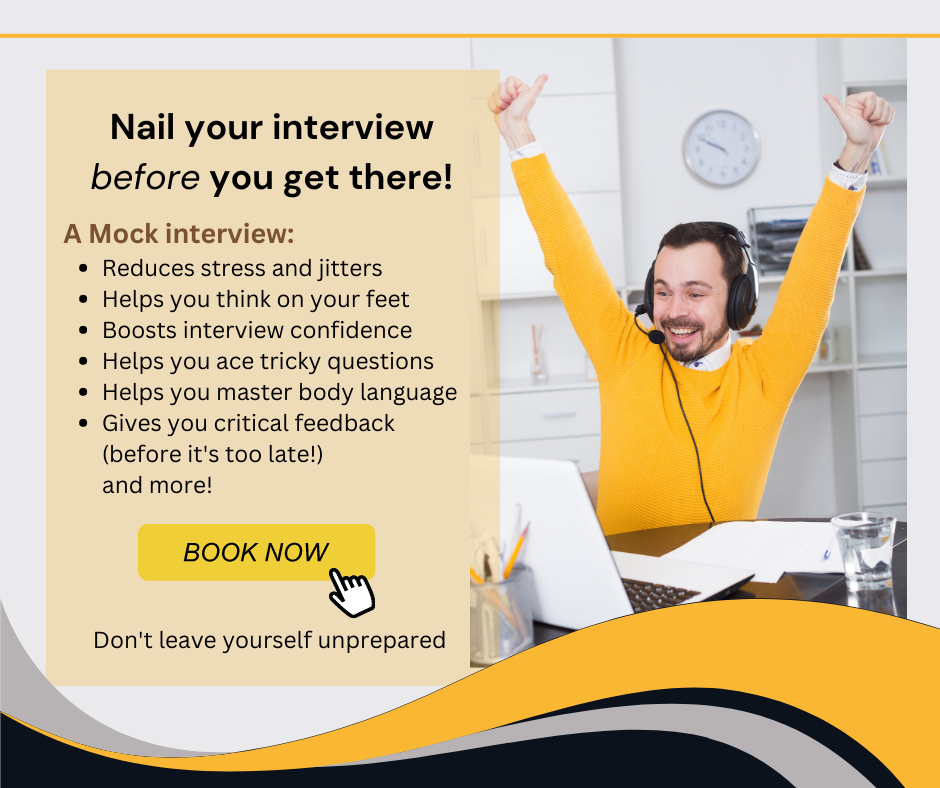Why do interviewers ask, “What is your greatest weakness?” And how to beat them at their own game.

Asking a stranger about their greatest weakness is intrusive. Interviewers have qualms pushing and delving into candidates’ personal space.
“What is your greatest weakness?” It’s a question most candidates dread, and frankly it’s a bit offensive. A complete stranger asking you to reveal a flaw, without reciprocating, and then deciding your fate based partially on your answer. Here’s why they do this and what you can do.
In this article:
- Is the “Greatest Weakness” question offensive?
- Why recruiters ask the weakness question
- Where’s the logic?
- Different variations of the weakness question
- Playing the weakness game
- Soft Skills vs Hard Skills
Interviews are rarely fun. They can be uncomfortable for a candidate who must sit through a friendly-ish interrogation, mindful of the power imbalance between themselves and the recruiter who is scrutinizing them.
Questions about work and education history are understandable. Questions about skills and related qualifications are fine, too. Then there are questions that throw an unprepared candidate for a loop. Questions having little to do with the job. These questions are, in fact, “obnoxious,” as renowned career consultant Liz Ryan wrote in a 2018 Forbes article.
After reading said article, I followed Ryan on LinkedIn. Almost instantly, she gave more gems on recruiting and interviewing. Like this one she made:
“The purpose of the interview is not to learn everything you can about the candidate’s inner life or make them dance and prance to please you.
“The purpose of the interview is to converse as two people with equal power in the equation about the job and the candidate’s background and goals and decide whether this candidate and this job are a good fit.
“That’s all. It’s not a psychological exam.”
Perhaps one of the more “obnoxious” questions interviewers ask is, “What is your greatest weakness?” It’s not an objective skills question. It’s not even a scoreable behavioral question. It’s a psychological question, in which the candidate’s response—and also manner of responding—are assessed by a person not schooled in psychoanalysis.
Is this a useless question?
Oddly, no matter what position a candidate is interviews for, the greatest weakness and similar questions are part of the format. Whether they’re interviewing to fill an administrative role, or a sales engineering position, recruiters want to know what a candidate’s greatest weakness is. What gives?
Gary Spinell tells LinkedIn that one reason they ask about a greatest weakness could be a lack of competence by the interviewer. He writes:
“Most hiring managers are not highly skilled at interviewing. Most hiring managers lack the expertise and knowledge of how to ask a question and then read the person’s body language during the response… Due to their lack of interviewing skills, they depend on the interviewer’s playbook—a list of standard interview questions, such as tell me your strengths and weaknesses and tell me why you want to work here.
“These standard questions unfortunately have been asked so frequently that candidates have learned how to answer with well scripted responses. The answers all sound the same and provide little insight into the candidate’s ability nor differentiate them from any other candidate. The result is the well scripted answers make the hiring decision even more difficult.”
Spinell and Ryan’s opinions are not openly shared by the majority in recruiting or career consulting. It’s easier to go along with the game, offering people advice on preparing answers for any question thrown their way. That’s what I planned to do when I began this article. Obviously, I’ve reconsidered.
Why do they ask the greatest weakness question?
What do interviewers hope to learn from asking a candidate about their greatest weakness? How does knowing someone’s weakness help to identify them as a better or less qualified candidate?
The theory is that hearing a candidate confess their greatest weakness will tell a recruiter the following:
- The candidate is self-aware. They can identify their own faults and failures.
- The candidate has insight. They can delve inside themselves to figure out the cause of their weakness, and, more importantly, understand how it impacts their work and affects those around them.
- The candidate has initiative. They care about improving, so they are willing and able to take necessary steps on their own to overcome their weakness.
- The candidate is humble. They can admit to their faults and will expose them, hoping to get a job.
According to Indeed.com, “Giving an authentic answer lets [the interviewer] know you’re able to be honest with yourself and others about how you can grow both as a person and a colleague. It shows your drive to reach professional goals, as well as the likelihood that you will become a valuable team member who takes initiative and solves problems.”
Well, that makes sense. A candidate who is self-aware, insightful, takes initiative, and humble is almost guaranteed to be a joy to work with, and surely be proficient in the duties described in the job description, right?
Actually, no. Here’s why.
Where’s the logic?
How many candidates are unprepared for this question? Very few. In fact, whatever greatest weakness they share is cherry picked, and their response well rehearsed. Second, no candidate will ever confess what they believe to be their greatest weakness. Humans are just wired to protect themselves from potential negative consequences from authority figures. Third, weakness is subjective. A weakness to you might be a strength to someone else.
The kicker? Interviewers already know this, yet they ask anyway. Why? Because, they say, even though the candidate may not be forthright in their answer, they can still learn a lot from the candidate’s body language. Things like, shifty eyes, wringing their hands, twirling hair, shuffling their feet, stuttering, a heaving chest, and change of mood. It’s all those non-verbal cues, say interviewers, that tell them something.

Both candidates and interviewers know the greatest weakness answers will be rehearsed. So where’s the logic?
“Interviewers continue to ask [the greatest weakness question] even though they know they are unlikely to get answers that are 100% honest,” writes Pamela Skillings for Mays Business School’s blog. “Why? Because the way you answer a question about your weaknesses is very telling. You may not even realize what you are communicating when you answer this question.”
What is very telling? Skillings continues, “Even if you don’t answer honestly, your answer tells them something about you. If you dodge the question or try to fake your way through, the interviewer will wonder if: 1) You’ve got scary secret weaknesses that you won’t discuss. 2) You think you’re perfect because you have no self-awareness. 3) You think you’re perfect because your standards are very low. 4) You’re a con artist.”
Is anyone else seeing how convoluted this whole concept is? Whether a candidate answers the greatest weakness question, the recruiter still learns almost nothing. Except, maybe, that the candidate is nervous as hell. Anything else they “learn” is an assumption based on highly subjective interpretation. Perhaps aided by generalized experimental data on body language, but most likely on a form of “street smart,” depending on how long a recruiter has been in the game.
Variations of the weakness question
More seasoned recruiters and hiring managers acknowledge the uselessness of the “greatest weakness” question, so they’ve come up with other ways to learn about candidates’ flaws with variations of the question. Some variations I’ve seen around the internet are:
- If I called your current/previous manager, what would he/she/they say you need to work on?
- If you could change one thing about your [work ethics/work style/personality], what would it be?
- What do you most want to improve about yourself in the next year?
- What would you say was your biggest failure/mistake?
Again, what does learning someone’s flaws and weaknesses relate to job performance? It doesn’t. If it did, how do companies explain the overwhelming number of office bullies, drama queens, racists, homophobics, perverts, and seat warmers who do next to nothing? Did a recruiter forget to ask about their weaknesses? Maybe they misread some telling body language.
Most likely, the recruiter followed the playbook to the letter, which resulted in the smoothest talker getting the job. One only needs to Google “how to answer what is your greatest weakness,” and they’ll get 200 gazillion answers from which to choose.
So why do companies waste time on nonsense, badgering a candidate who is good enough to interview for a position they asked someone to fill? Companies should do everything possible to make an interview experience pleasant, meaningful, and leave a good impression on a candidate. Sadly, that’s not how the game is typically played.
“Candidate Engagement measures how well candidates feel they were treated during the whole recruiting and hiring process. In various surveys, the majority of job seekers—around 60%—have indicated they received poor treatment during their job search,” says TalentLyft. [Emphasis mine.]
I’m not the least bit surprised.
Playing the Greatest Weakness game

Until interviews become more candidate friendly, you have to play the greatest weakness game to win.
Until companies realize badgering candidates with nonsense doesn’t work, job seekers will need to continue to prepare themselves for the Greatest Weakness question game. (Sometimes, questions!) There are ample articles online with various tips to help candidates answer the question. But, since you’re here, and if you’ve read this far down the article, I’ll go over them for you, too.
I’ve also prepared a downloadable printout to help you structure your thoughts as you work through your answers.
Many people tell candidates to pick weakness answers unrelated to the job, to help prevent failing the interview. More experienced recruiters don’t care about that. To tell them your weakness is a fear of heights, for example, when the job doesn’t involve scaffolds or parachuting is, at best, uninteresting.
Recruiters need to think they’ve learned something significant that applies to the job or company. So humor them. Choose a weakness related to the job, but not crucial to performing the job. How do you know? For starters, look at the job ad. Note what characteristics and skills are required, and stay away from those!
Of course, for the sake of your own integrity, it’s important to be authentic and not lie.
Steer clear of scripted-sounding answers like, “I have a hard time with work-life balance.” And don’t try to pass off what we would normally view as a strength, as your weakness, such as, “I tend to be a perfectionist,” or “I overwork. I have a hard time stopping a project until it’s done.” They interpret those as a lack of insight and honesty. (And rightfully so!)
Soft Skills vs Hard Skills
Should you mention a weakness in a soft or hard skill? It depends on how you sense the interview is going. But my suggestion is to prepare at least three of them each. (Remember, you’re playing to win.) Some recruiters believe if they interrogate a candidate by asking for several weaknesses, at least one answer will be truthful. (As if badgering a candidate harder will reveal whether they’re qualified to do a job.)
As I mentioned, the download will make this process easier for you. I’ll walk you through everything step by step. (Dare I say, “trust me?”) But if you can’t make it to the download, these are the main points of preparing your weakness answers:
- Every weakness should be about you as a professional. Leave. Your. Personal. Life. Out of it.
- Every weakness should be something fixable and non-threatening. (I.e., Don’t discuss temperament, biases, health, or psychological issues. Hopefully, you are working on those, but that’s even more so none of their business!)
- Minimize the potential damage by rephrasing your weakness and being specific. Rather than, “My greatest weakness is that I have a hard time getting along with others,” try, “Something I’m working on is being more patient when someone forgets something.”
- Explain your answer by giving an example. Part of the problem is not elaborating. Not doing so makes whatever you answer stay a weakness because you haven’t provided an example of how you recognize it. Career coach Kelly Mitchell writes on LinkedIn, “When you do answer this question, do more than just state your weakness and become silent. That’s like dropping bad news and just letting it explode before you. The key to answering this question is to do more; go on to state what you’re doing to work in this area you’ve identified.”
- Answers should show self-awareness and growth. Don’t worry: growth is a process, so managers aren’t looking to hear you’re now free of your weakness.
Let your example show you’ve identified your weakness and how you became aware of it. Tell them how you are working to overcame it and where you are today. Do not expect to be over it completely. No one overcomes things at once. We are all works in progress.
Or, says Mitchell, “When asked about my weakness, I don’t use the word ‘weakness’ in my answer at all. I begin responding with, ‘Sure, I’ll share an area I’m improving in.’ This subtle shift moves the answer from a weakness (negative) to an area of improvement (positive). It also helps me maintain confidence when speaking to an area I might otherwise feel vulnerable in.”
What a great idea!

[Photos courtesy of Pavel Danilyuk/Pexels]
You decide
If after reading this you see this whole weakness question nonsense as none of anyone’s damn business, and you will not play their game, try an answer like one given by Liz Ryan’s hypothetical “Andy” in the article mentioned at the very beginning:
“Nowadays I don’t think of myself as a person with weaknesses. There are lots of things I’m never going to be good at, and that’s okay. It would be a bad use of my time to try to get better at those things. My job is to get better at the things I love to do — things I’m already good at, like [fill in the blank with things related to the position].”
Case closed.
Category: Expert Advice, Free Download Included, Human Resources, Interviewing
